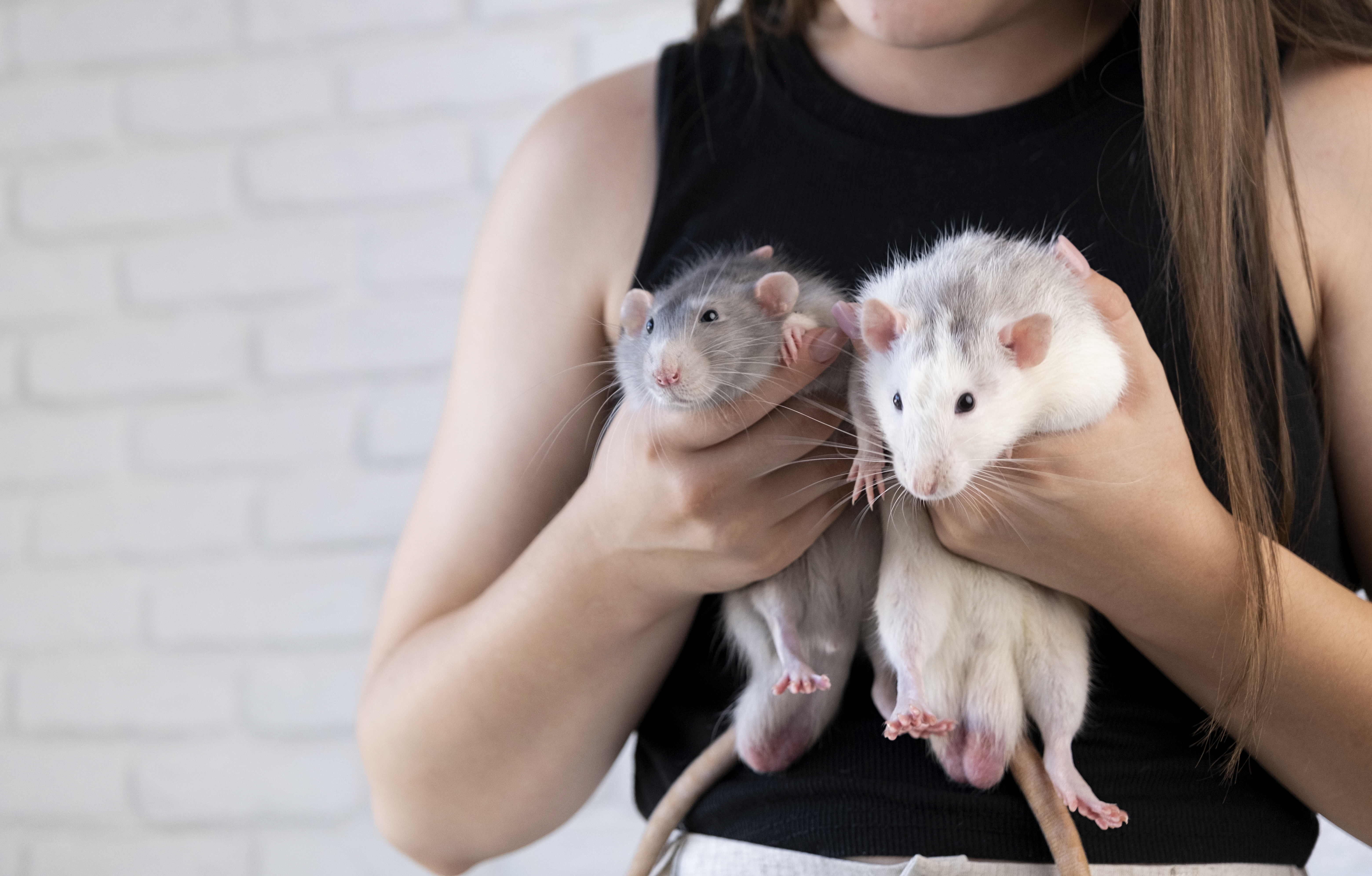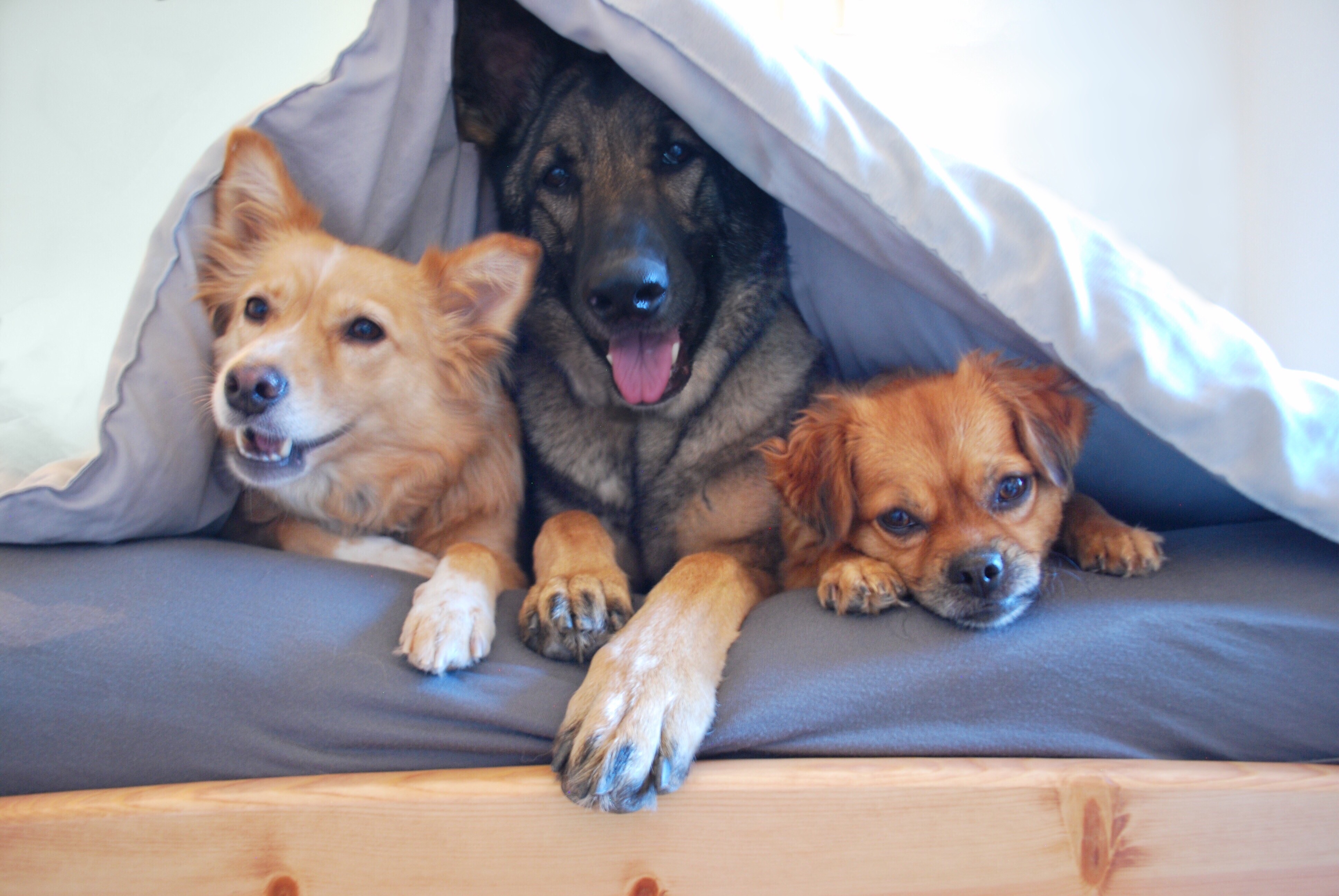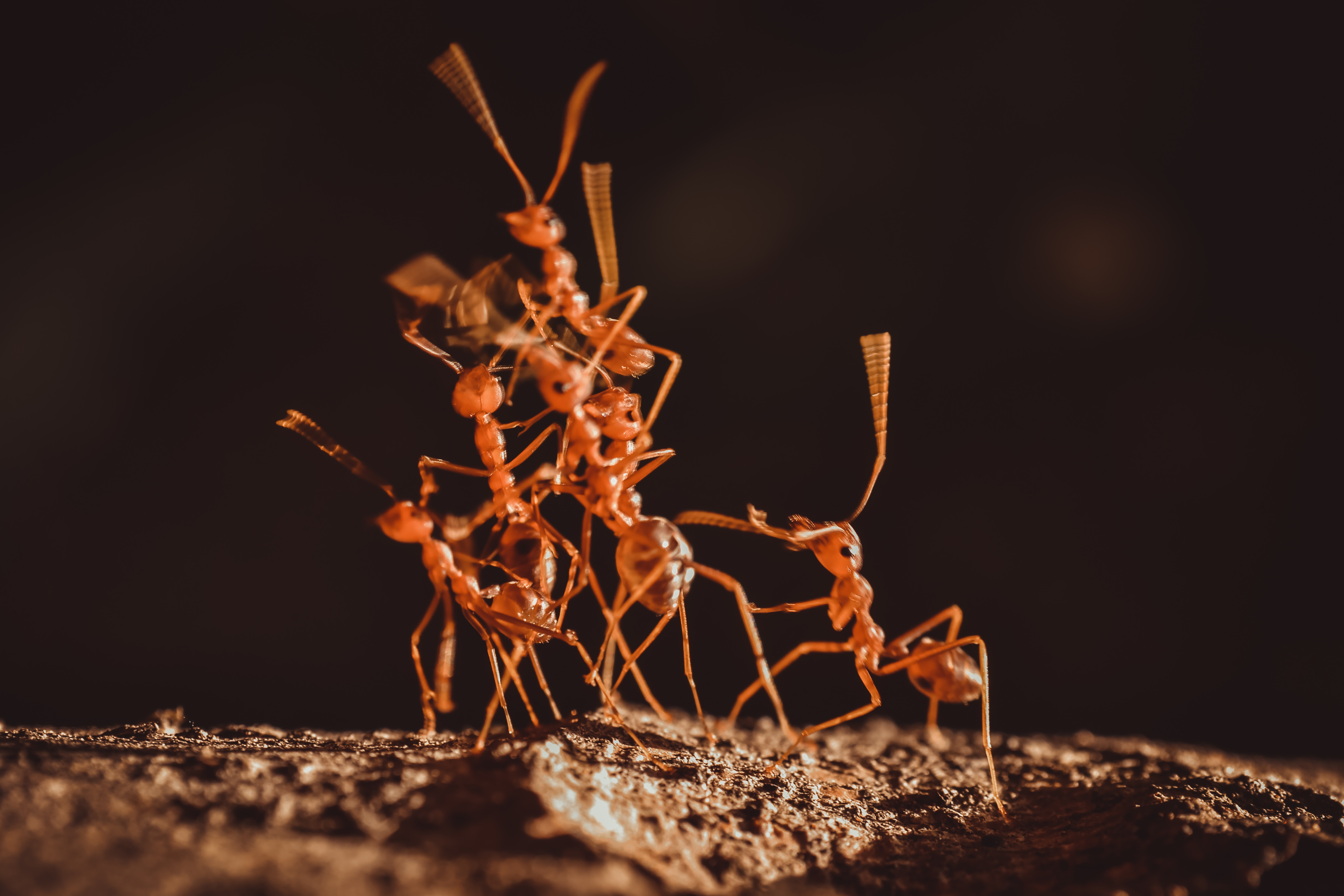An Insightful Guide to Understanding the Symbolic Importance and Roles of Pets in Different Cultures
Pets have been a part of human life for thousands of years, providing companionship, protection, and in some cases, a source of livelihood. However, their roles and significance vary greatly across different cultures. This article aims to dive into the heart of tradition, exploring the symbolic importance and roles of pets in various cultures. We will journey through time and space, from ancient civilizations to the modern world, and from the East to the West, shedding light on the profound impact pets have on human society.
Ancient Egypt – Cats as Divine Creatures
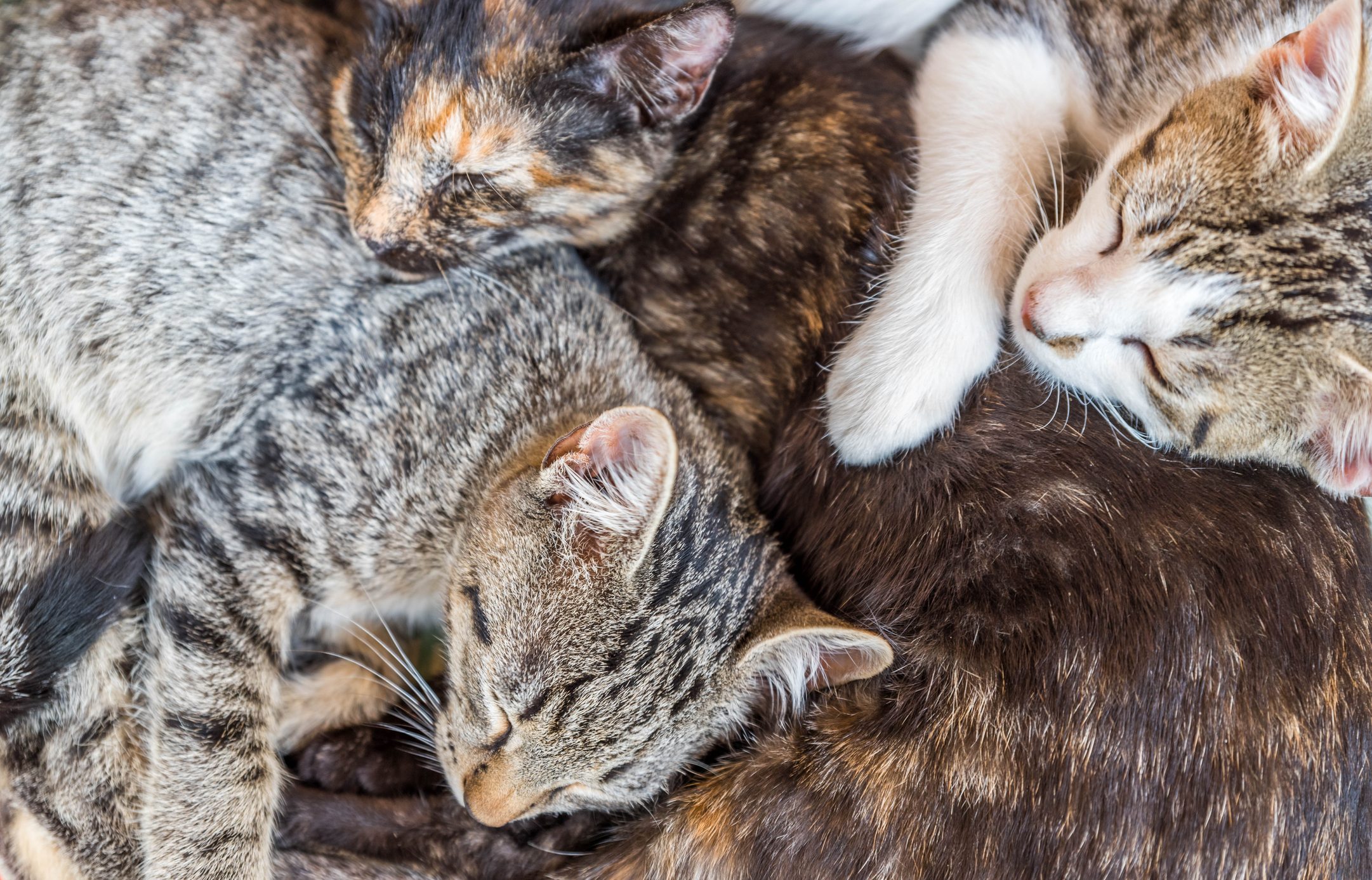
In ancient Egypt, cats were revered and considered sacred. They were associated with the goddess Bastet, who was the goddess of home, fertility, and childbirth. Killing a cat, even accidentally, was considered a grave sin. Cats were also mummified and buried with their owners, signifying their importance in the afterlife.
Ancient Rome – Dogs as Protectors
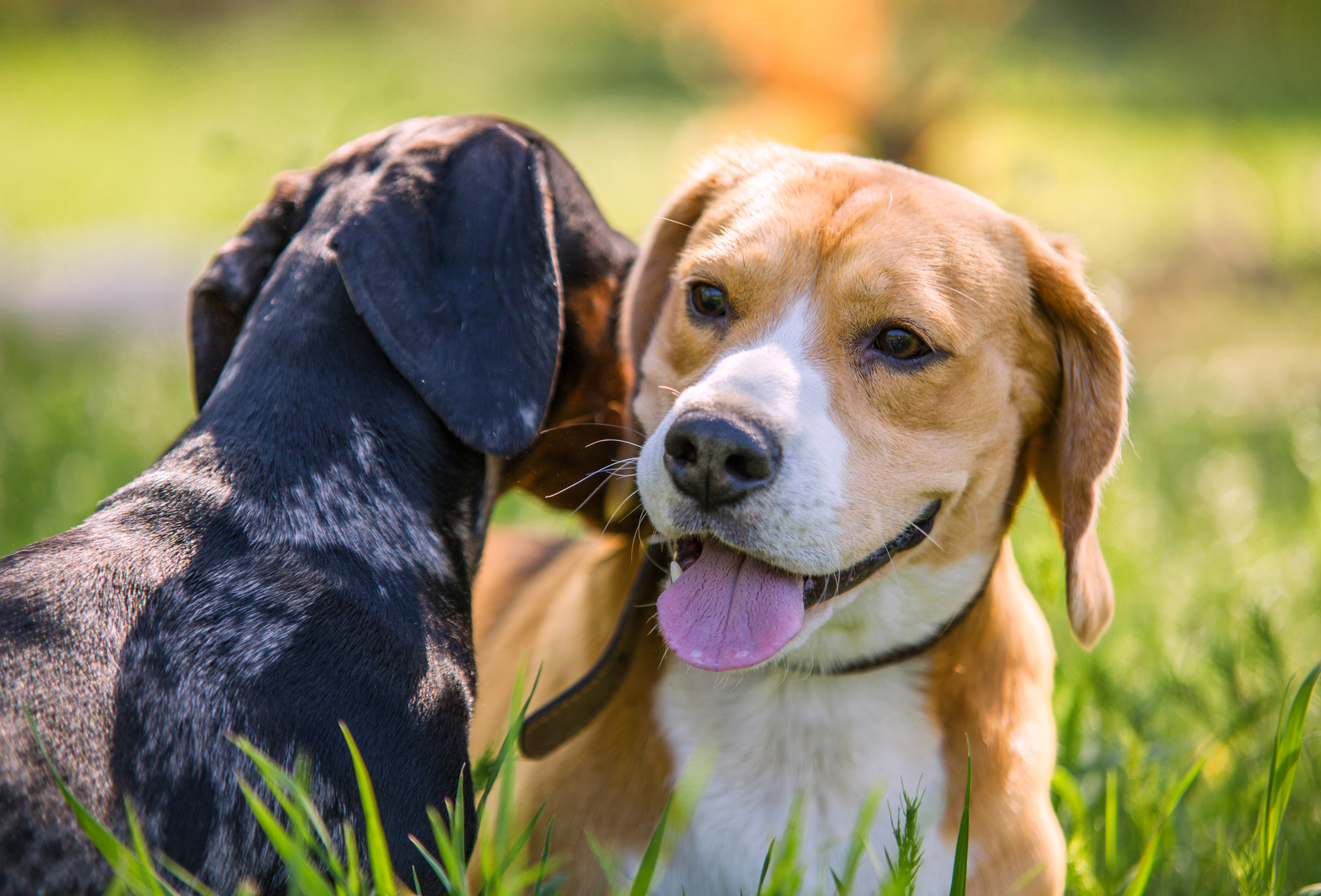
In contrast to the Egyptians, the Romans valued dogs for their protective instincts. They were often depicted on tombstones, symbolizing the protection they provided their owners in life and death. Dogs were also associated with the god Mercury, who was the guide of souls to the underworld.
Native American Tribes – Animals as Spiritual Guides
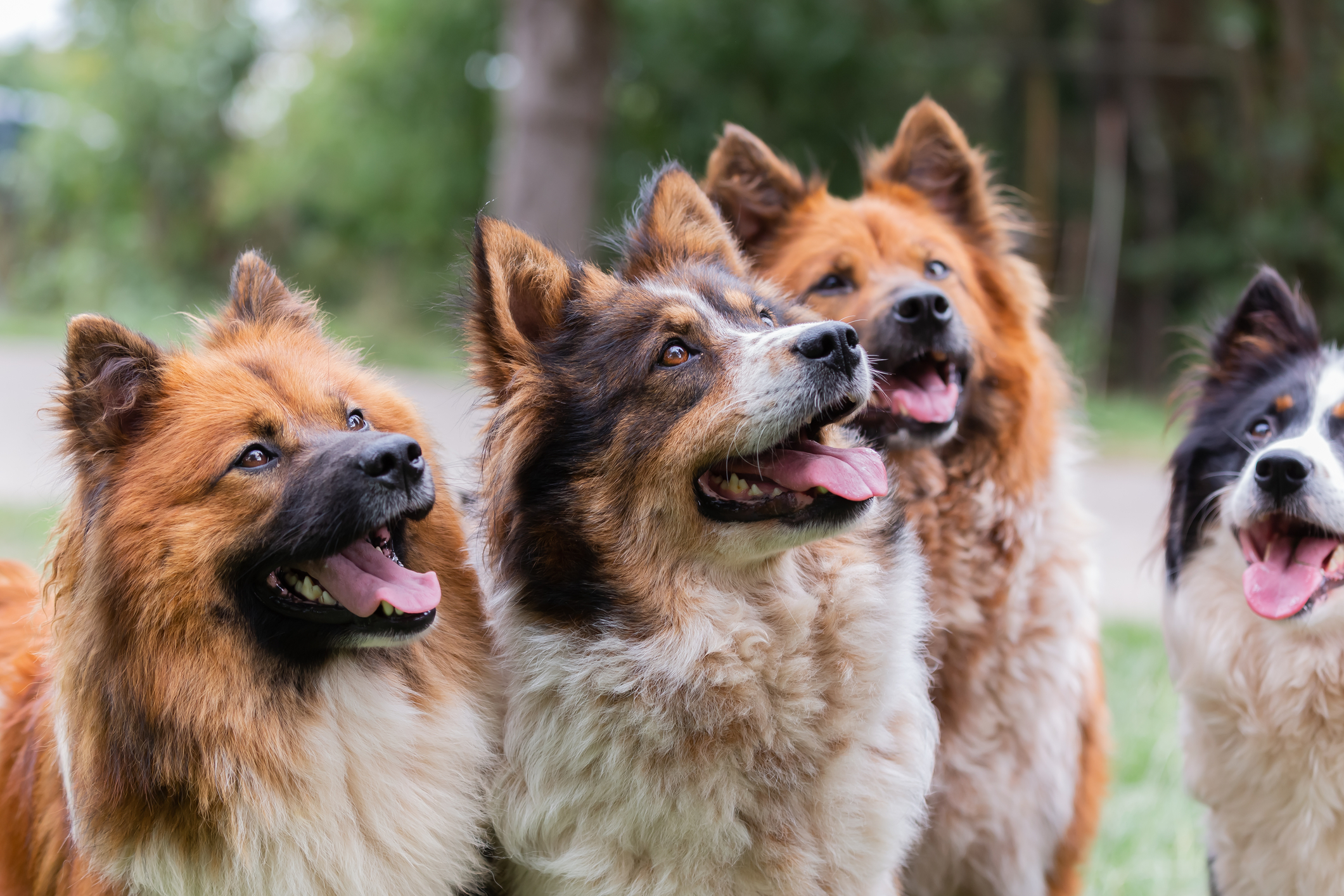
For many Native American tribes, animals were seen as spiritual guides or totems. They believed that each person had a specific animal spirit that guided and protected them throughout their life. This belief influenced their relationship with animals, leading to deep respect and care for all living creatures.
Hinduism – Cows as Symbols of Life
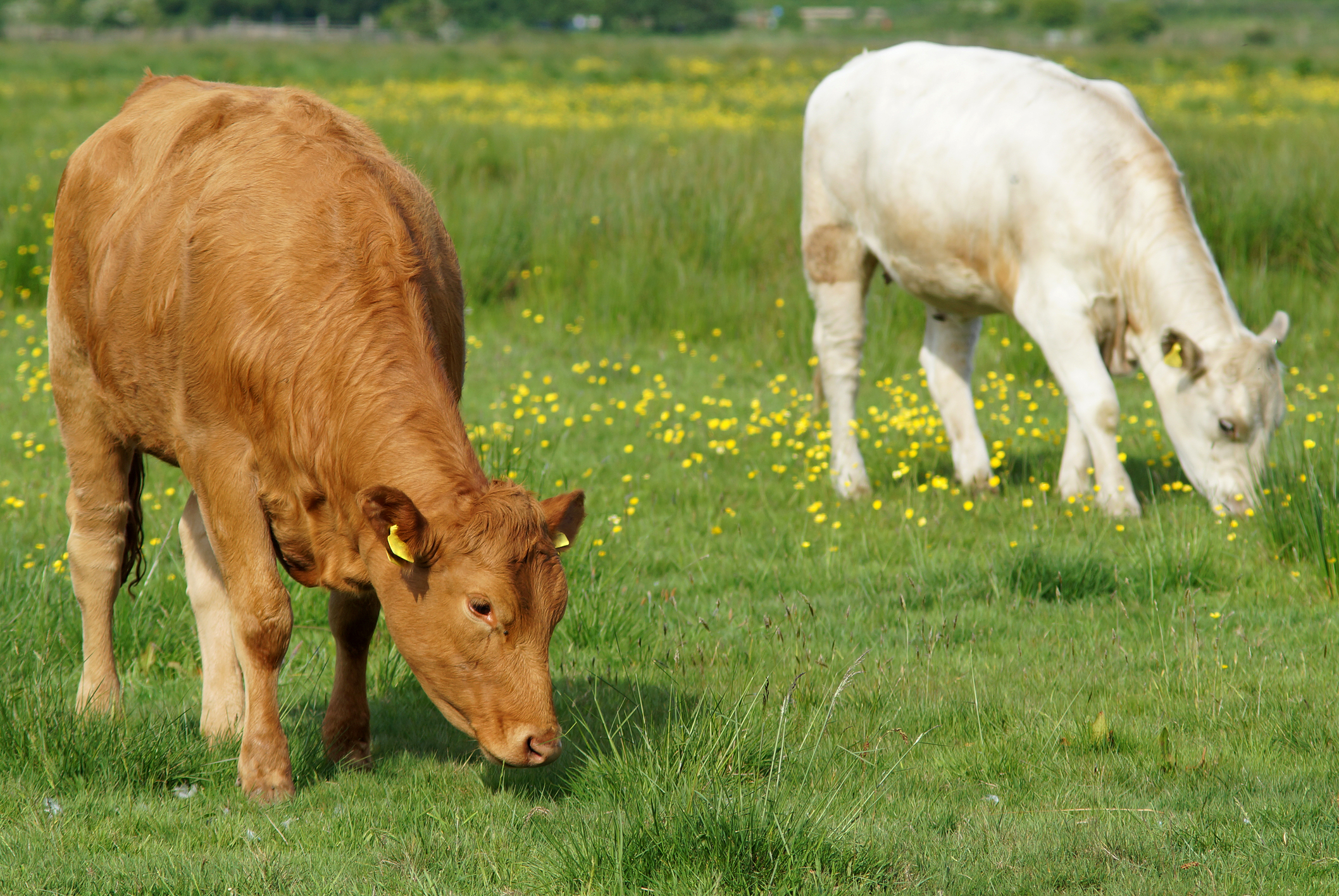
In Hindu culture, cows are seen as the embodiment of life and are revered for their nurturing nature. They are considered sacred and harming them is seen as a grave sin. This belief stems from the idea that cows provide essential resources, such as milk and dung for fuel, making them vital for survival.
Islam – Cats as Clean Animals
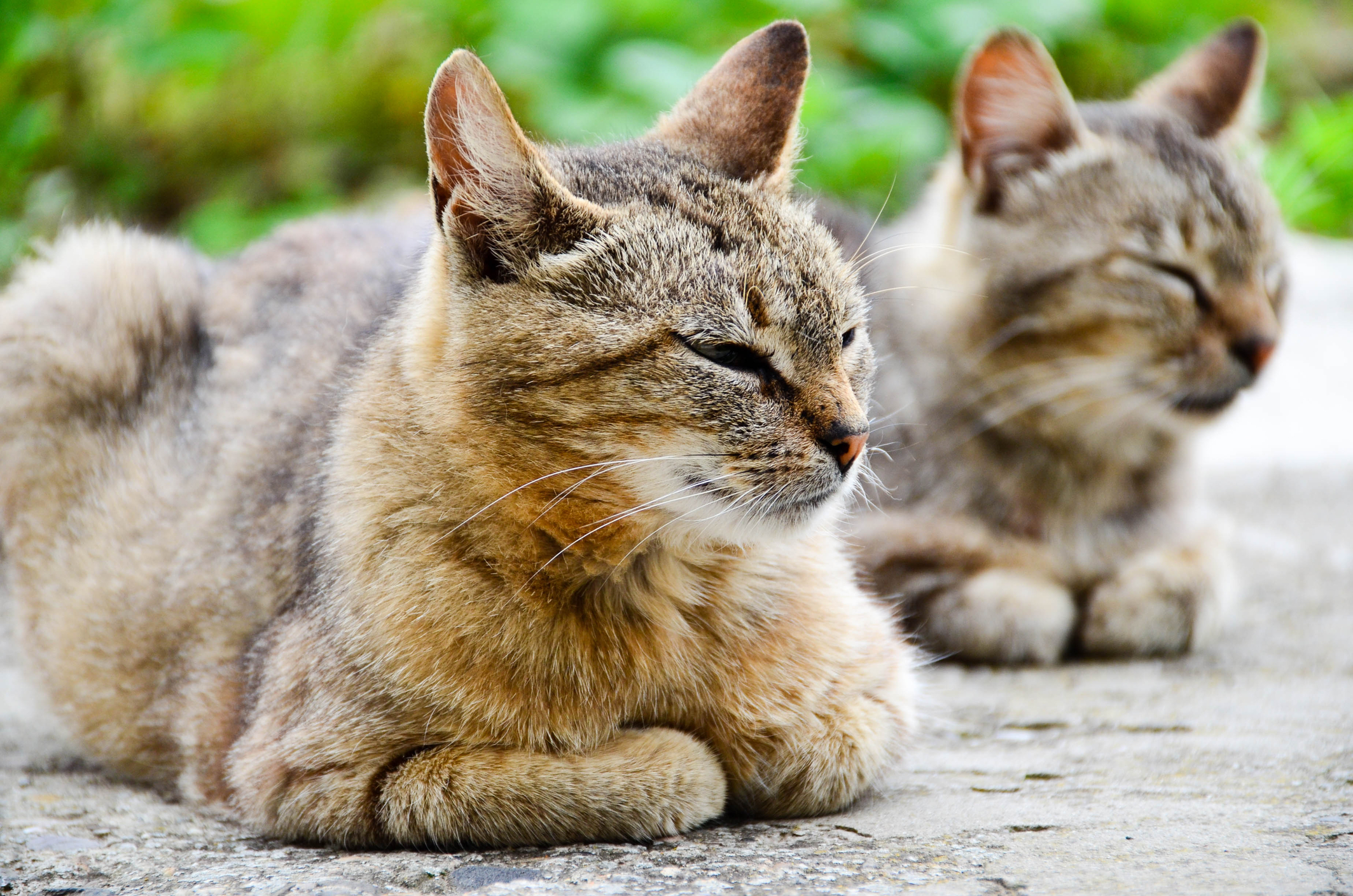
In Islamic culture, cats are considered clean animals and are allowed to enter homes and mosques. They are often seen as symbols of grace and independence. The Prophet Muhammad is said to have had a great fondness for cats, further enhancing their status in Islamic culture.
Japan – Cats as Lucky Charms
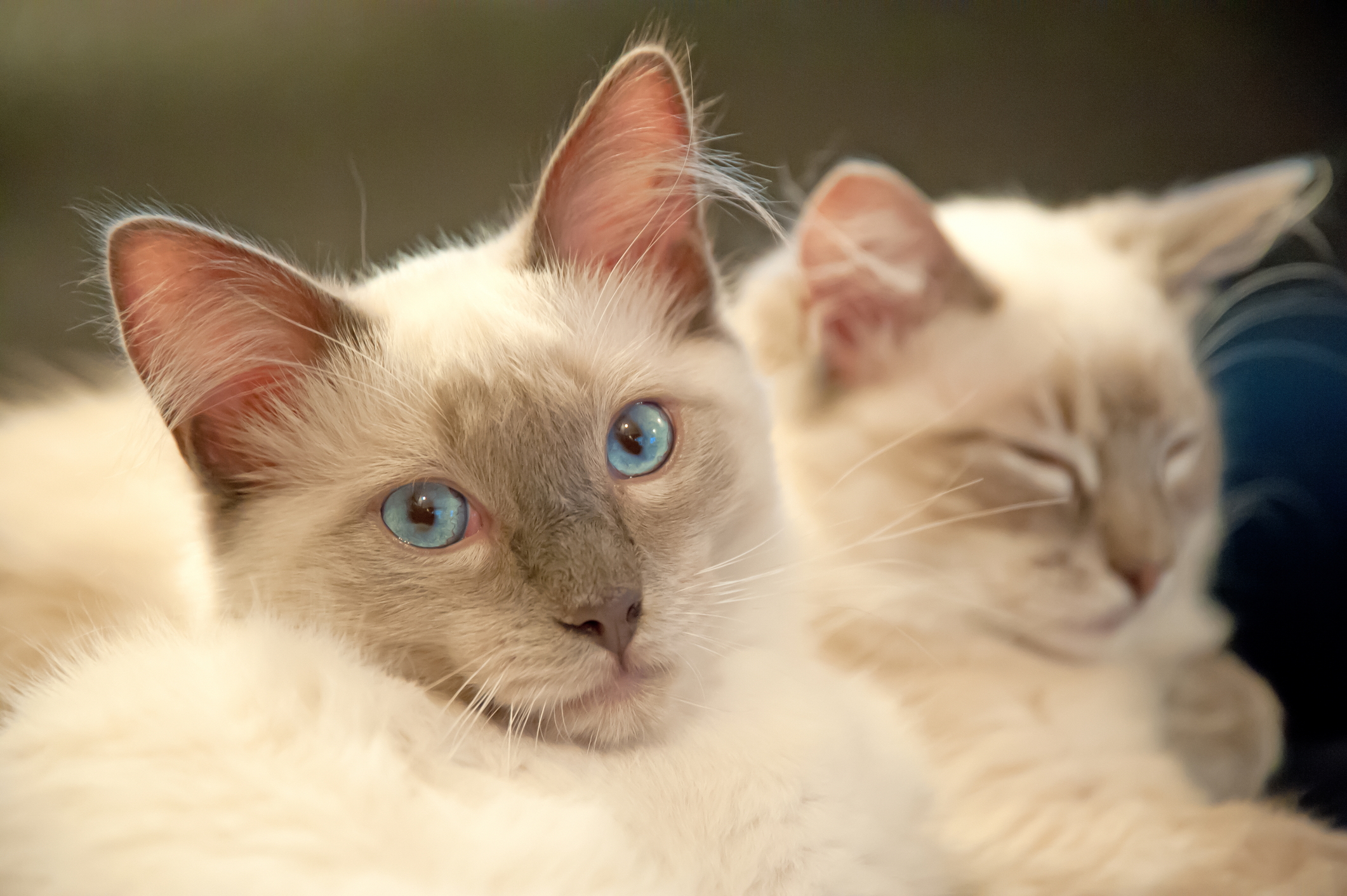
In Japan, cats are seen as symbols of good luck and prosperity. The "Maneki-neko" or "beckoning cat" is a common talisman believed to bring good fortune to its owner. Cats are also associated with the protection of homes and businesses from evil spirits.
China – Crickets as Symbols of Luck
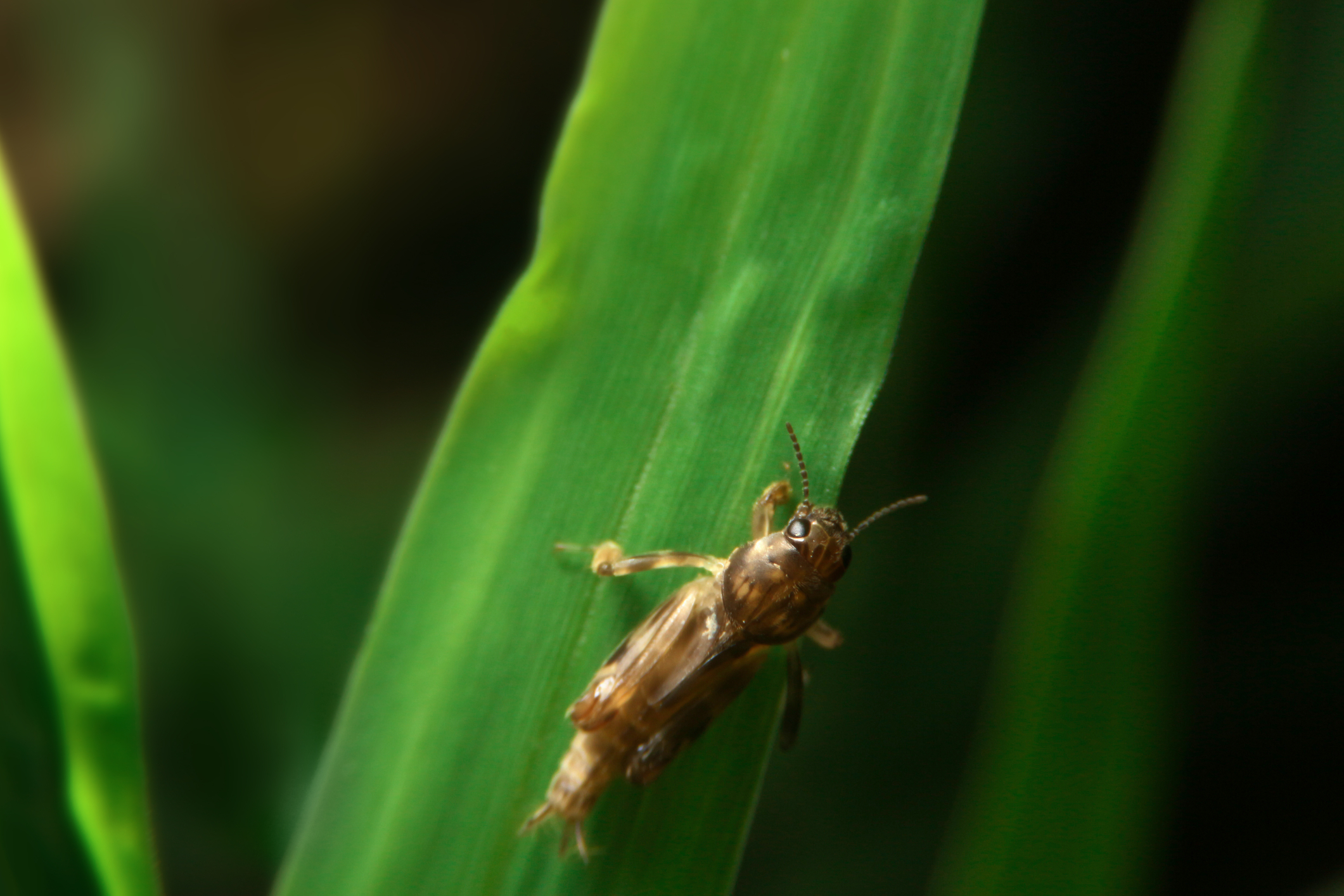
In Chinese culture, crickets are seen as symbols of luck and prosperity. They are often kept as pets and are believed to bring good fortune. Cricket fighting is also a popular pastime, reflecting the Chinese appreciation for the fighting spirit of these small creatures.
Russia – Dogs as Companions
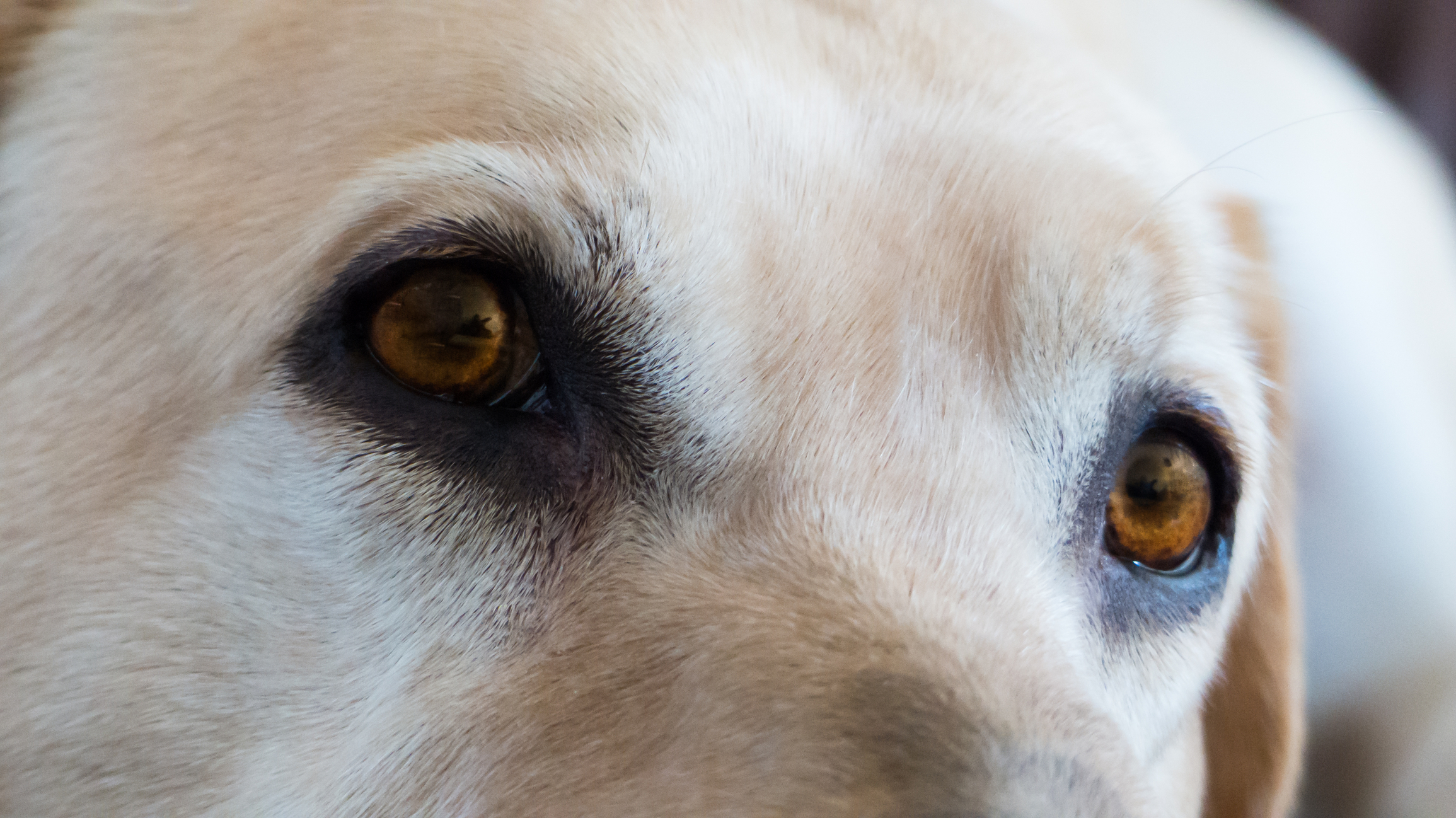
In Russian culture, dogs are valued for their loyalty and companionship. They are often seen as members of the family and are treated with great care and respect. The Russian saying, "The dog is the man's best friend," reflects the deep bond between humans and dogs in this culture.
Australia – Kangaroos as National Symbols
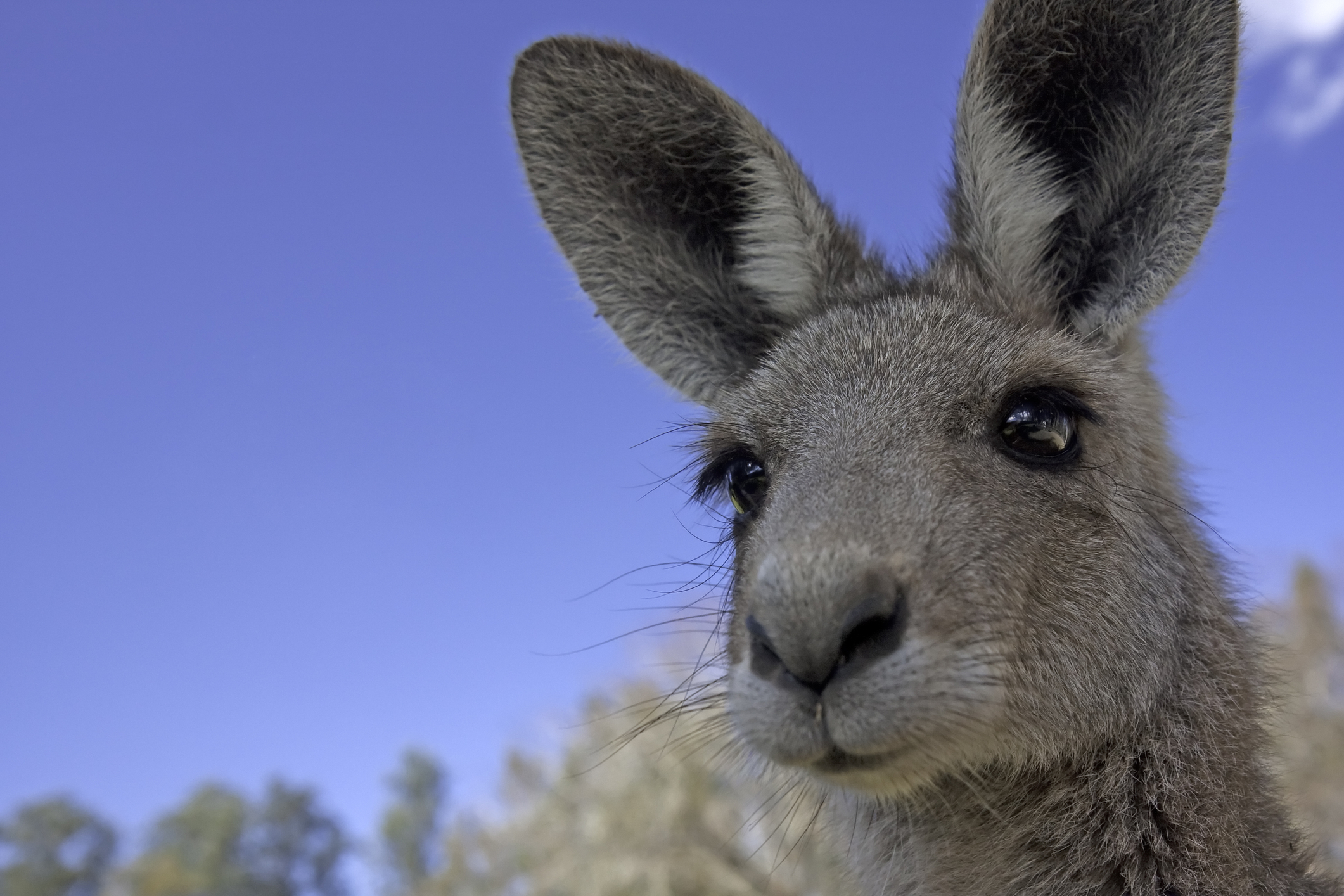
In Australian culture, kangaroos are seen as national symbols and are deeply ingrained in the country's identity. They are protected by law and are often kept as pets. The kangaroo's unique ability to hop forward without moving backwards is seen as a symbol of progress and optimism.
Africa – Elephants as Symbols of Wisdom
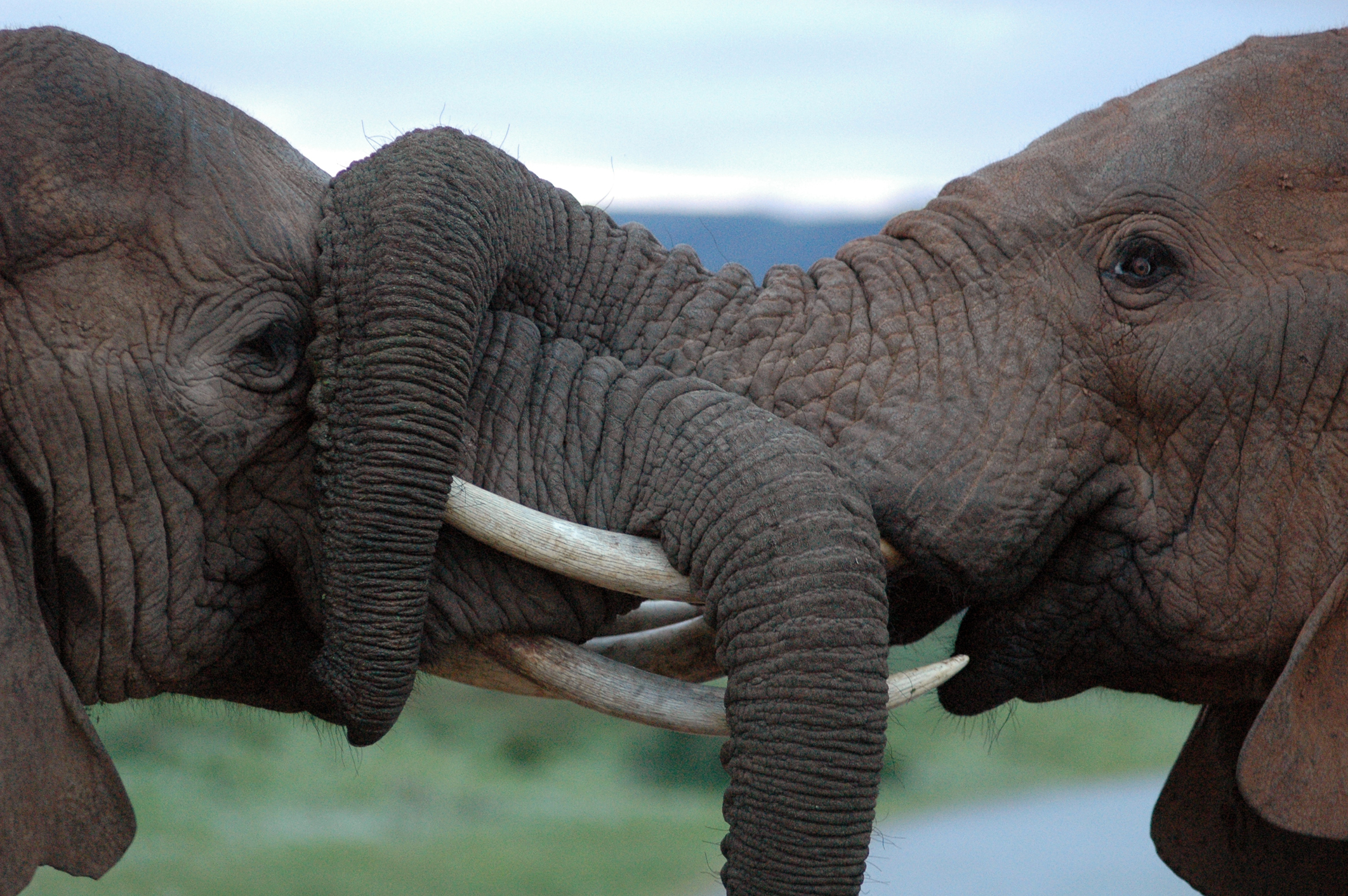
In many African cultures, elephants are revered for their wisdom and strength. They are often featured in folktales and myths, symbolizing leadership and resilience. Despite being hunted for their ivory, elephants are protected by many African communities due to their cultural significance.
Central America – Quetzals as Symbols of Freedom
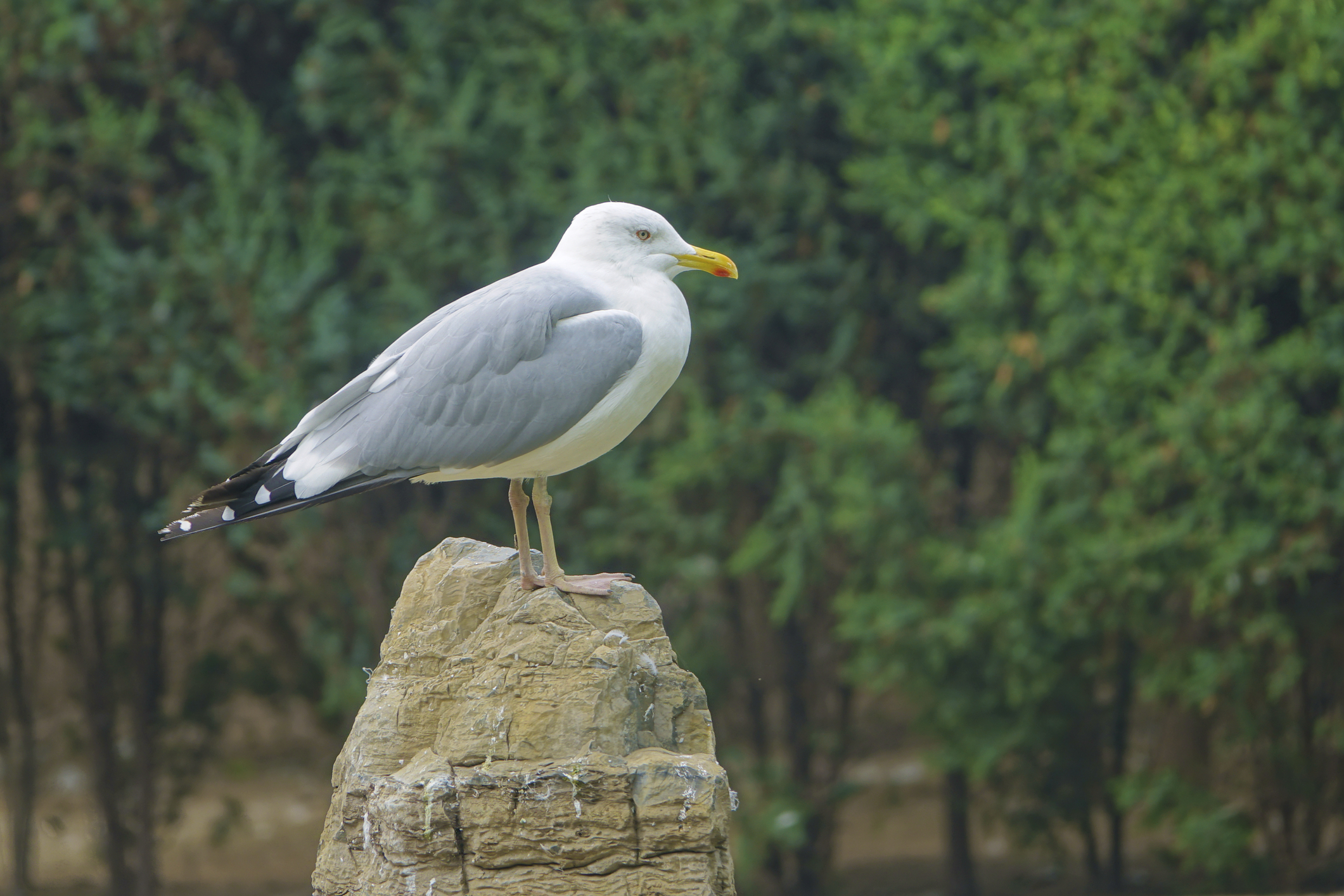
In Central American cultures, quetzals are seen as symbols of freedom and wealth. They are revered for their beautiful plumage and are often associated with the ancient god Quetzalcoatl. The quetzal's inability to survive in captivity further enhances its symbolism of freedom.
Arctic Regions – Dogs as Lifelines
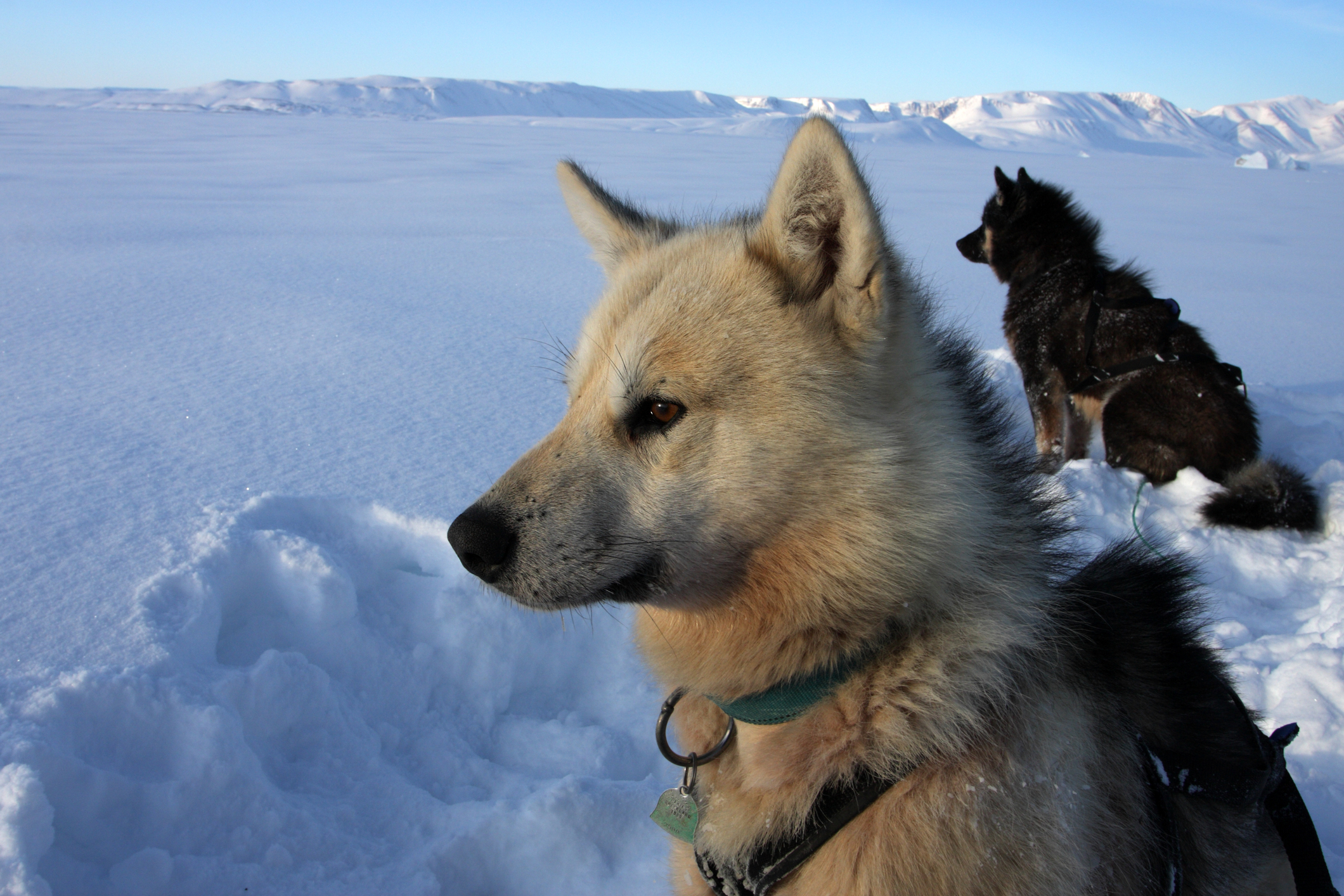
In the harsh climates of the Arctic regions, dogs are not just pets but lifelines. They are used for transportation, hunting, and protection, making them indispensable to survival. The bond between humans and dogs in these regions is profound, reflecting a deep interdependence.
Southeast Asia – Monkeys as Divine Messengers
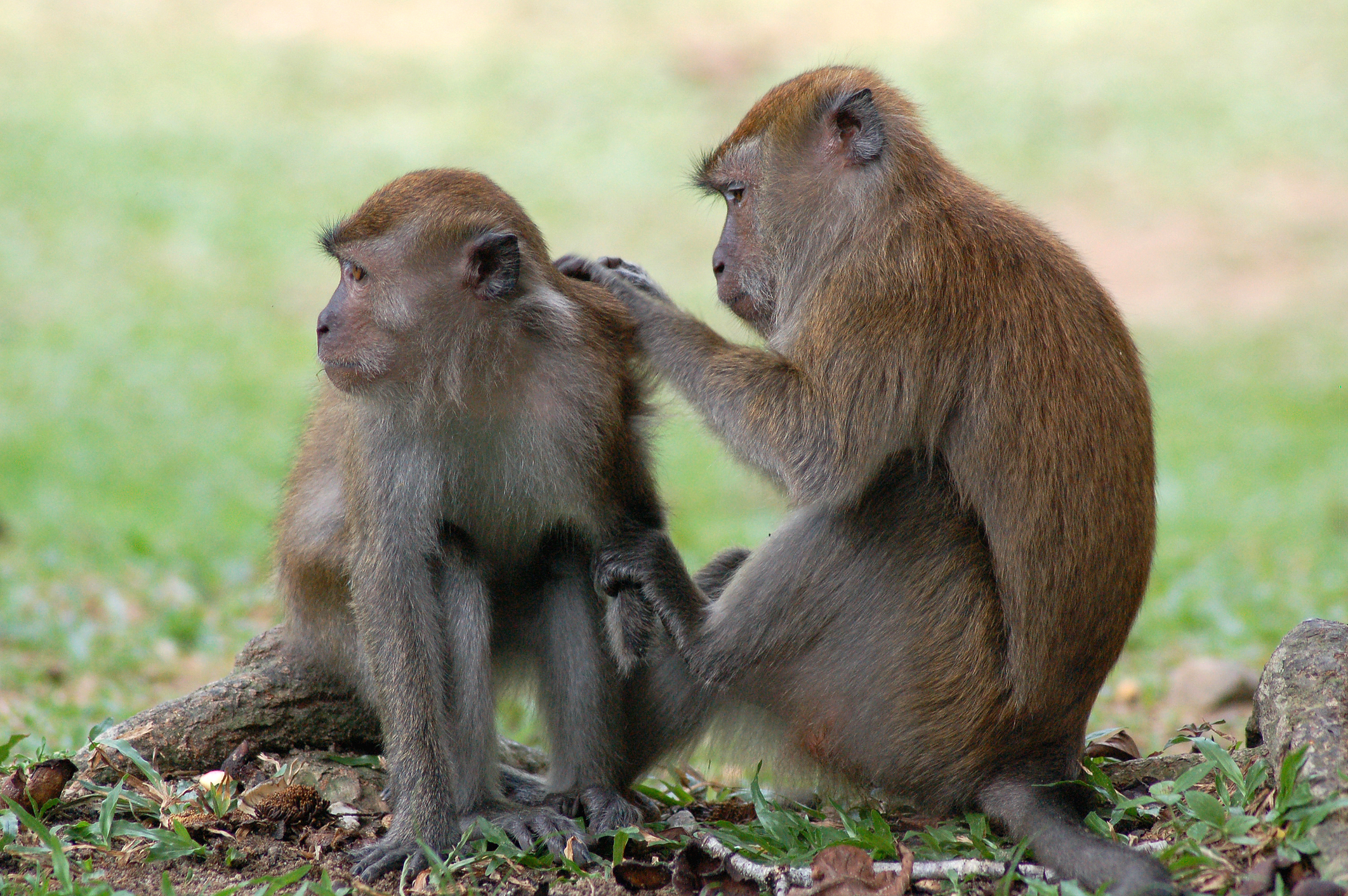
In Southeast Asian cultures, monkeys are seen as divine messengers and are often associated with Hindu and Buddhist mythology. They are revered for their intelligence and agility and are often featured in folktales and legends.
Middle East – Falcons as Symbols of Power
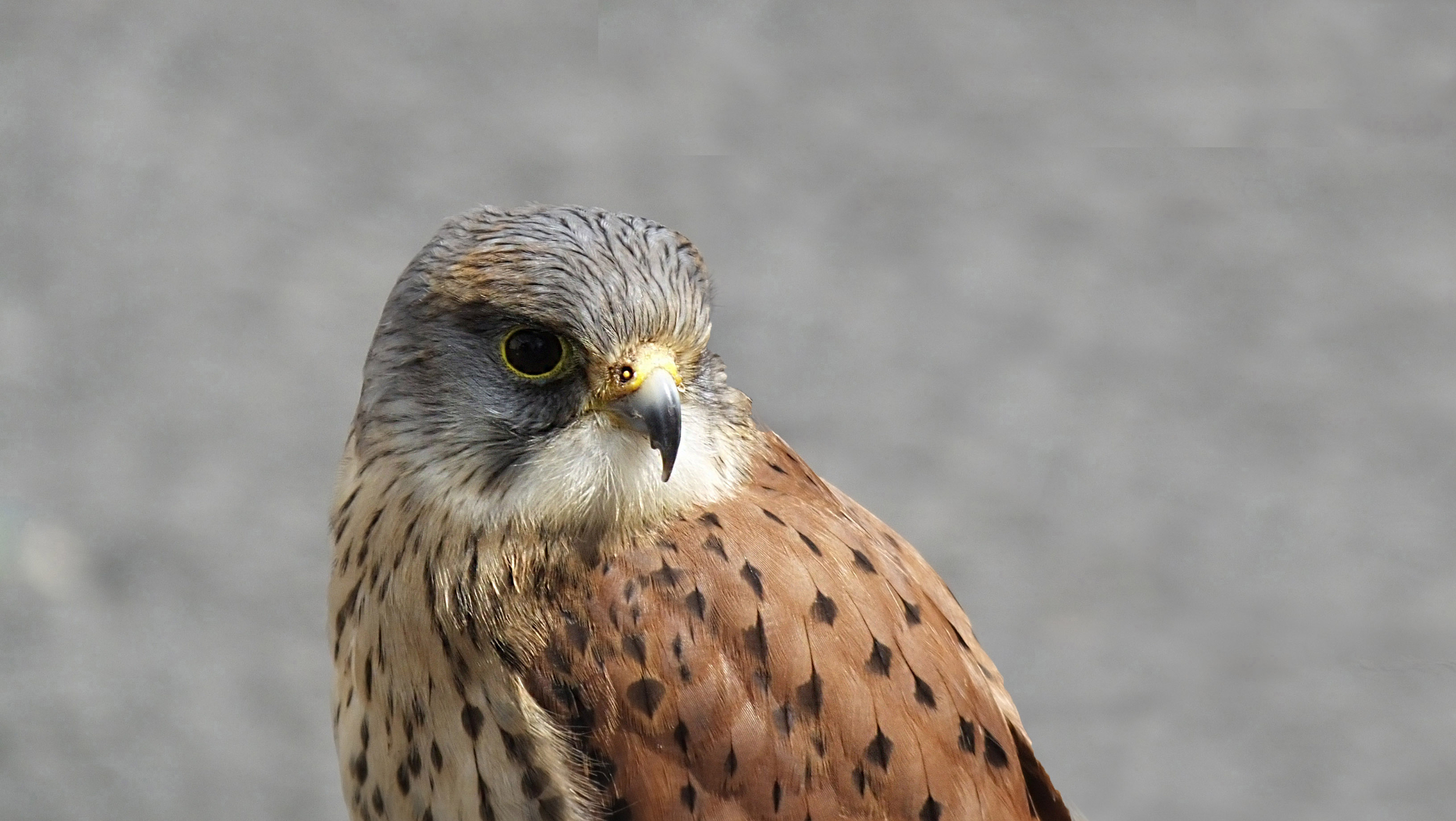
In Middle Eastern cultures, falcons are seen as symbols of power and nobility. Falconry is a popular sport and falcons are often kept as pets by the elite. The falcon's keen vision and hunting prowess symbolize the qualities of a good leader.
Europe – Horses as Symbols of Nobility
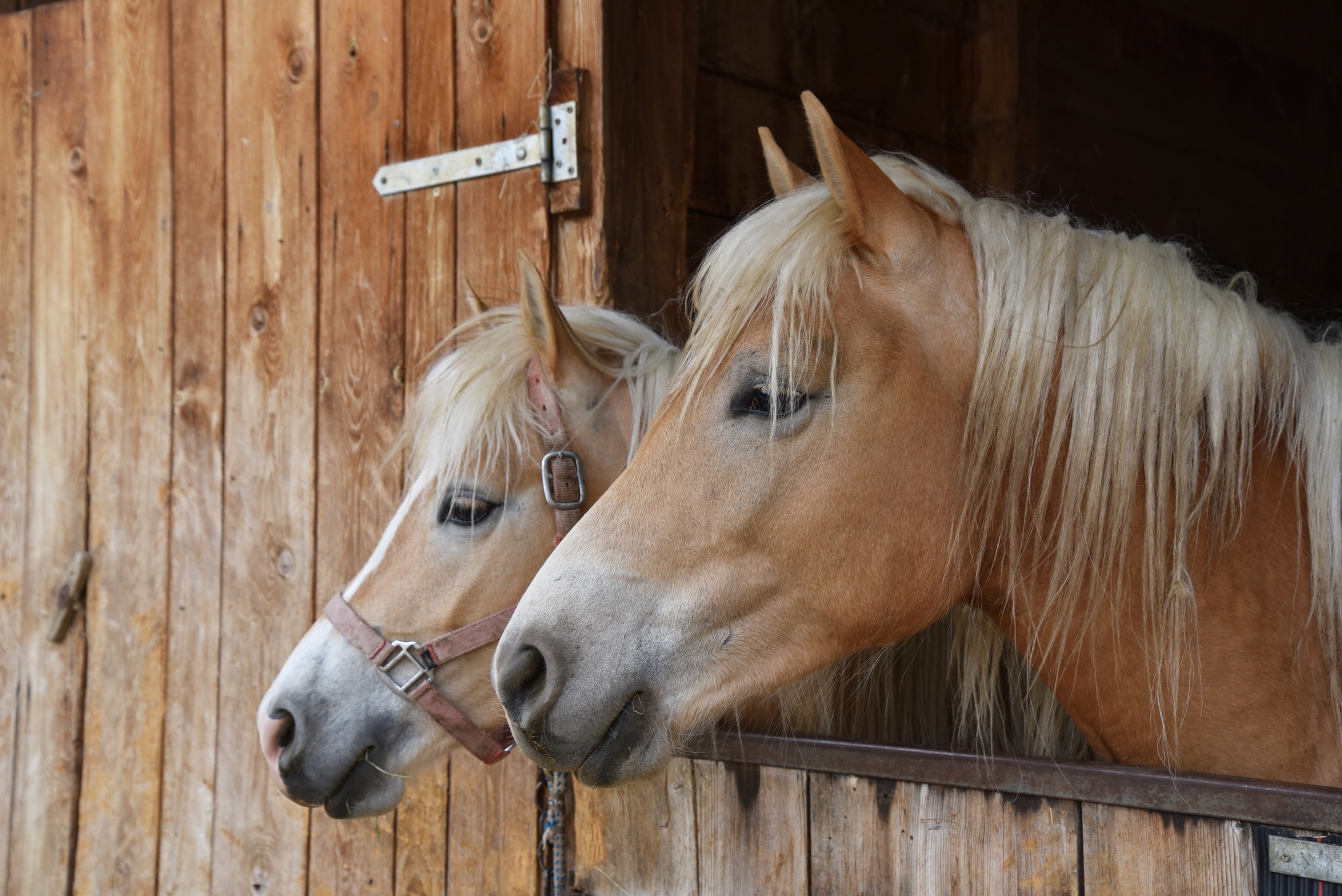
In European cultures, horses are seen as symbols of nobility and strength. They have played a crucial role in history, from warfare to agriculture. The bond between humans and horses is deeply ingrained in European culture, reflecting a mutual respect and admiration.
The Role of Pets in Modern Cultures
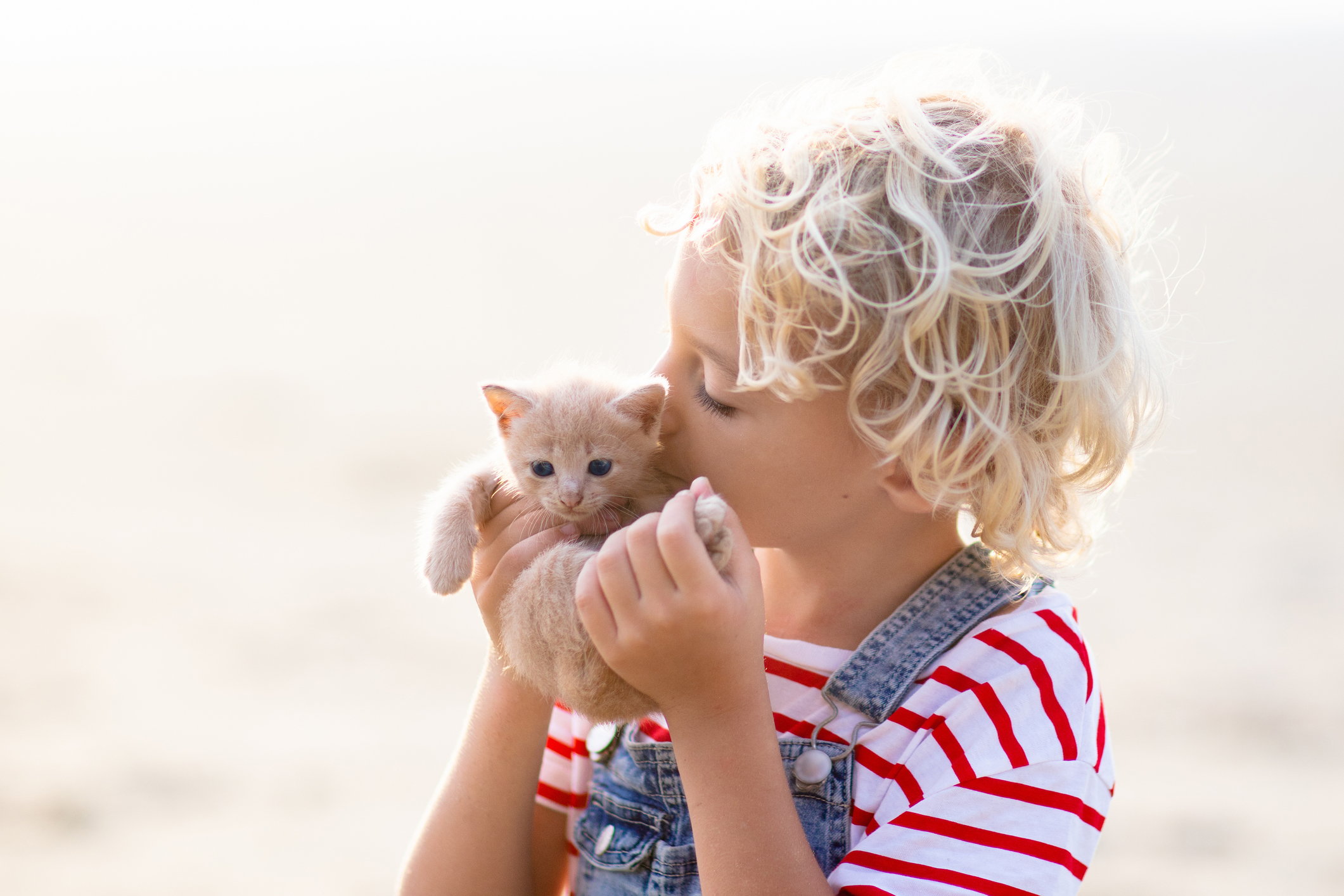
In modern cultures, pets are often seen as members of the family. They provide companionship, emotional support, and even health benefits. The bond between humans and pets in modern societies reflects a deep need for connection and companionship.
The Future of Pets in Culture
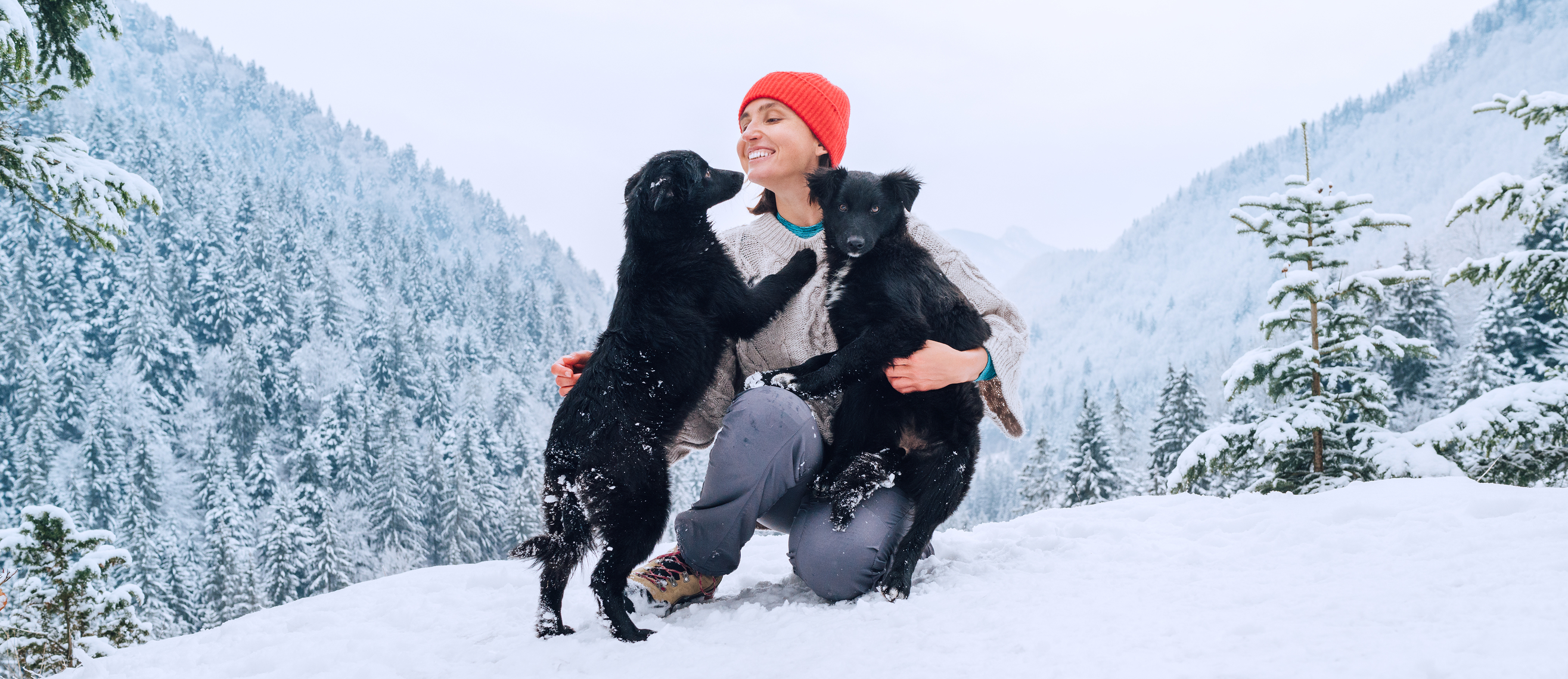
As we move into the future, the role of pets in culture continues to evolve. With advancements in technology and changes in societal values, the bond between humans and pets is likely to deepen, reflecting our innate need for connection with other living beings.
Pets have played a significant role in human cultures throughout history, serving as symbols, companions, protectors, and guides. Their importance transcends physical utility, reflecting deeper spiritual, emotional, and psychological connections. As we continue to evolve, the bond between humans and pets remains a constant, reminding us of our shared existence on this planet.


